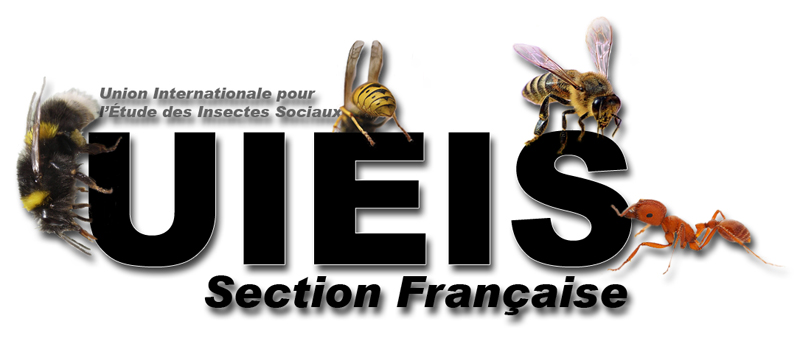
The Plant Evolution group at the University of Stirling (UK) is seeking a highly motivated, detail-oriented assistant for fieldwork in the Cape mountains (South Africa) during austral Spring 2019 (September/October).
PROJECT: Many plant species use pollen as reward for pollinators. Some species have evolved a complex mechanism where pollen is contained within closed (i.e. poricidal) anthers, and bees need to vibrate the anthers at particular frequencies for the pollen to be released. This buzz pollination syndrome has been recorded in 6-8% of all plant species. However, in the hyperdiverse Cape Floristic Region (CFR), this syndrome is markedly underrepresented (0.003% of plant species), despite the presence of some buzz pollinated plants that are endemic to the CFR. We will be conducting the first quantitative study on buzz pollination interactions in the CFR. Particularly, we will construct plant-pollinator interaction networks, measure various plant traits, and record the vibrations of sonicating bees.
LOCATION: Cape Town, South Africa. The field sites will mostly be located in the Cederberg mountains and around Nieuwoudtville. During Spring, these areas are transformed into carpets of colour when the world’s most predictable mass flowering display occurs. Nieuwoudtville also boasts the highest diversity of geophytes (including Orchidaceae and Iridaceae) in the world, and it is an excellent place for botanising, hiking, and birding. We will be staying in small cabins or camping, and we will regularly move between field sites. The work will involve hiking and long hours in the field, as well as processing samples in the evenings.
DUTIES: The successful applicant will be expected to assist with pollinator observations, trait measurements, data entry, and collecting flowers and pollinators in the field.
QUALIFICATIONS: Suitable candidates should be hardworking, organized, and independent. Experience in identifying plants and pollinators, recording pollinator visitation rates, and experience with field-based projects is preferred. Temperatures in this region can be quite high (30C), and candidates should be prepared to spend a lot of time in the sun.
WE OFFER food, accommodation and travel within South Africa. However, we unfortunately cannot offer a further stipend.
PERIOD: mid-September to mid-October 2019
Please send your questions and applications asap to Dr Jurene Kemp (jurene.kemp@stir.ac.uk). To apply, send a cover letter (that includes your background and interests) and your CV. References will be requested at a later stage.
